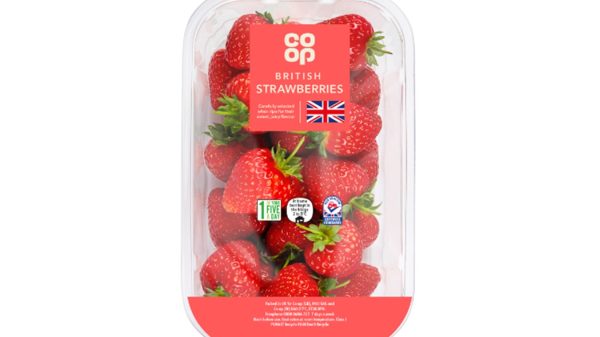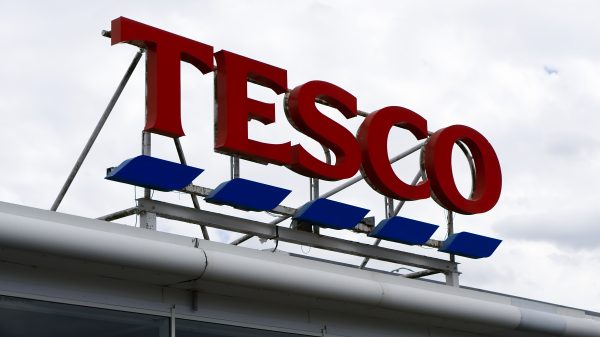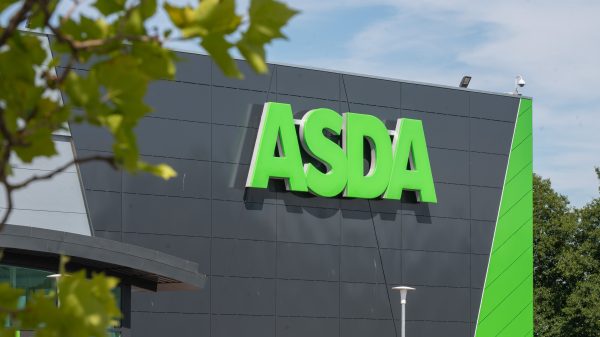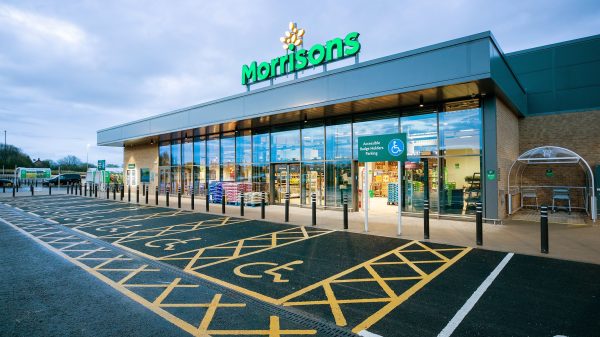One in five UK retailers have cancelled £7.1bn in “unethical” contracts over the last 12 months with suppliers that don’t meet their standards, while consumers rate supermarkets as “top performers”.
According to the latest report from Barclays Corporate Banking, which looked at how ethics and sustainability are changing the retail ecosystem, 21% of retailers have terminated their relationships with suppliers due to ethical or sustainable concerns.
On average, retailers which take this approach have cancelled between five and six supplier contracts over the last 12 months, worth an average of £306,000 per contract.
The most common reasons for cancelling contracts with suppliers were unsustainable materials (39%), unfair working hours (37%) or lack of membership to trade body that monitors ethical and sustainable standards (32%).
The report also highlights that retailers are evolving their own approaches to ethical or sustainable business practice, as although consumers still rate quality (78%) and price (76%) as their top criteria when making a purchase, there is also a “significant expectation” that what they buy is both ethically (52%) and sustainably (52%) acceptable.
The study, which spoke to more than 300 retail decision makers, found that most (51%) said sustainability is “more important now than it was two years ago”, with 49% saying the same about ethical standards.
Almost four in five (79%) retailers also said that a long-term strategy to improve ethical and sustainable credentials is more important than overcoming short-term supply chain disruption.
Read more: Tony’s Chocolonely finds 1,700 cases of supply chain child labour
From a consumer’s perspective, almost half (47%) perceive supermarkets and the food and drink sector as the top performers, ethically. Sustainability credentials also scored 47% in these sectors, reflecting an awareness of the “extensive efforts made in recent years to improve transparency in food
provenance, decrease food miles from farm to shelf, and demonstrate more ethical purchasing
practices towards farmers and wholesalers”.
“We are seeing a marked acceleration and shift among retailers towards prioritising sustainable and ethical standards in every part of their business operations,” said Barclays Corporate Banking’s head of retail and wholesale, Karen Johnson.
“That is now starting to take its toll on retail suppliers with billions of pounds worth of contracts being cancelled every year.”
“It’s being driven by increasing consumer demand and will rise even further as Gen Z enter the workplace and begin to earn their own money,” Johnson continued.
“Retailers must continue to monitor and improve their ethical and sustainability standards if they are to appeal strongly to younger demographics.”
The report can be seen in full here.
Click here to sign up to Grocery Gazette’s free daily email newsletter










